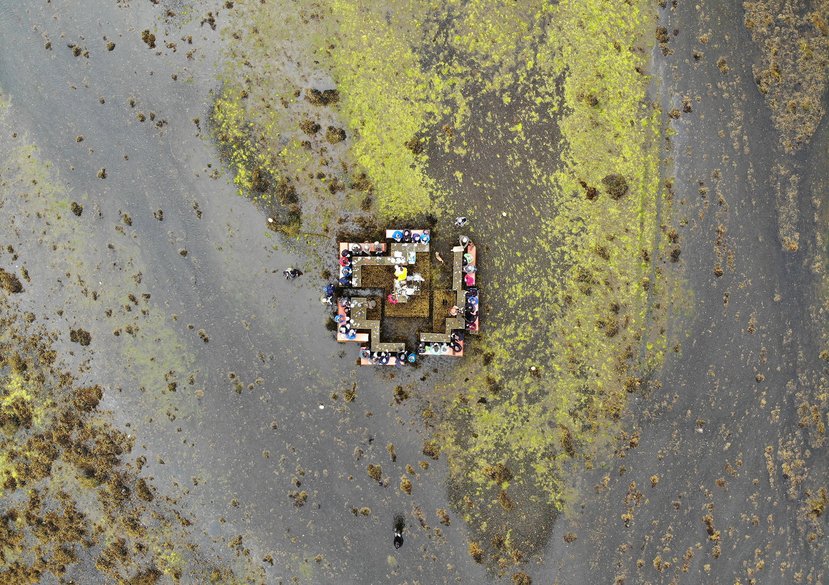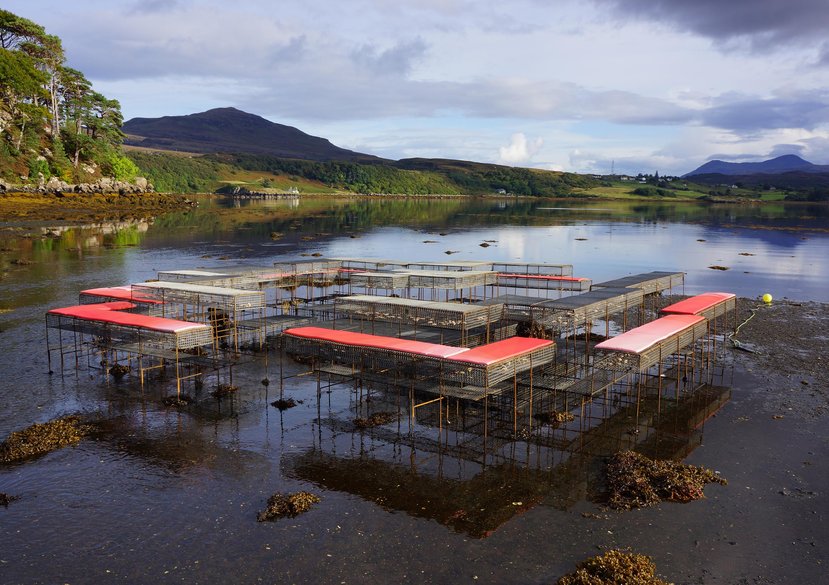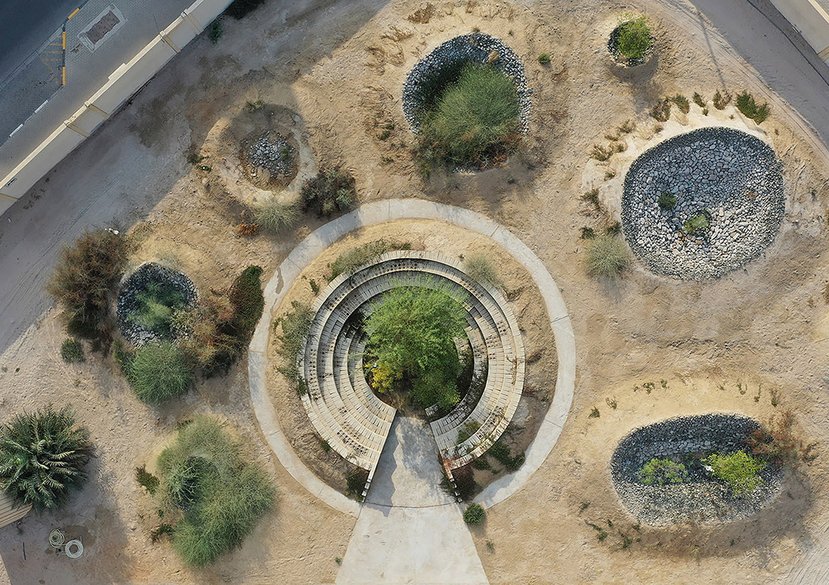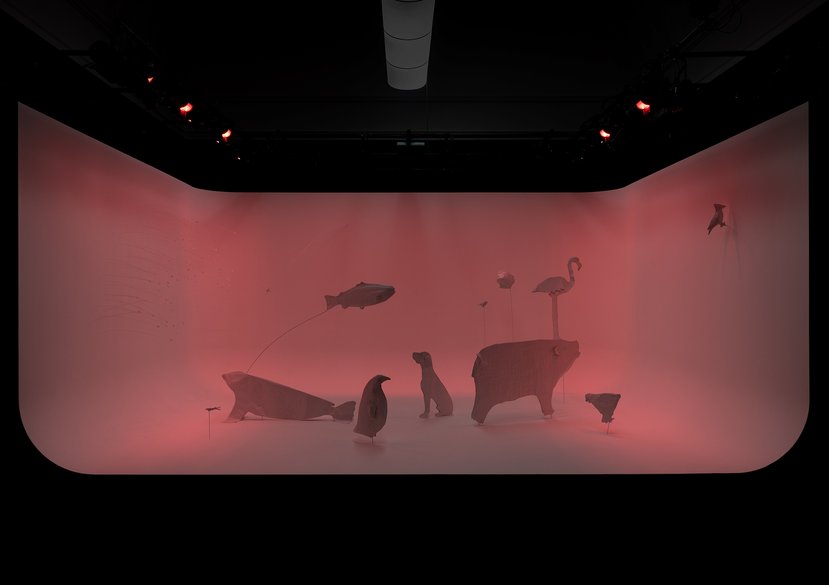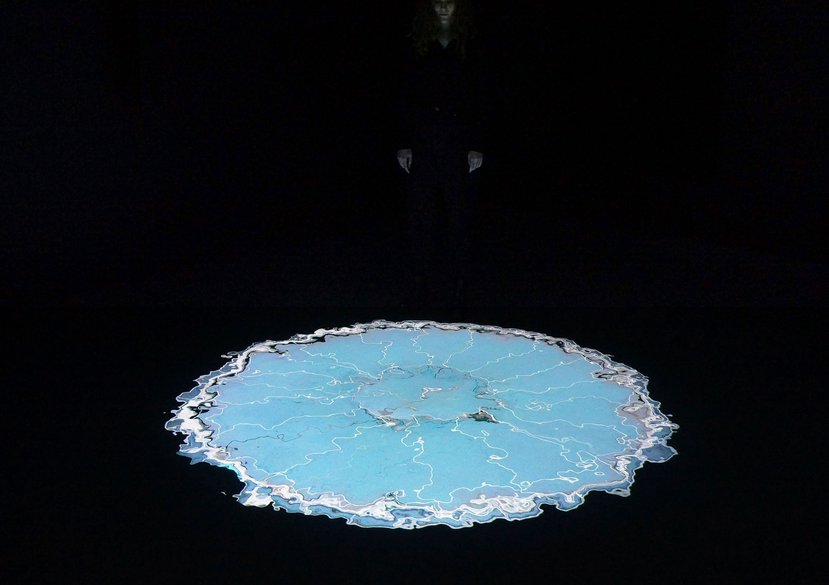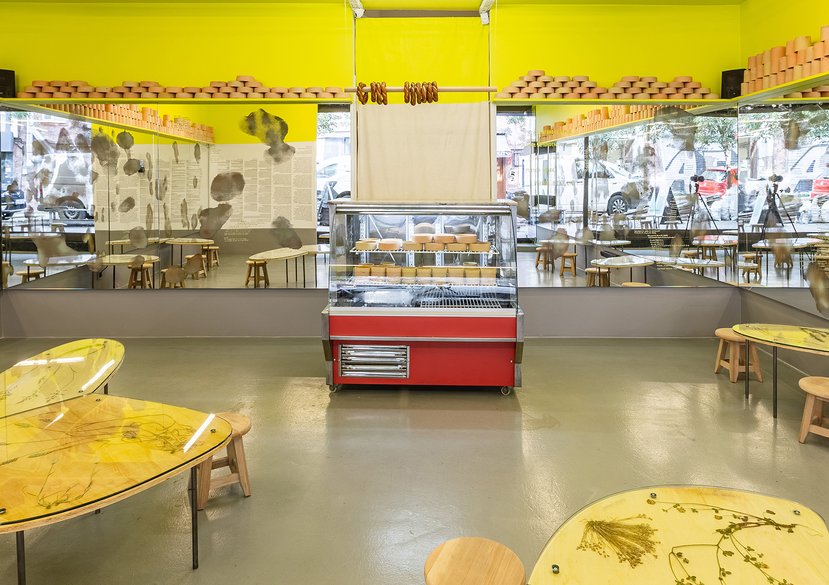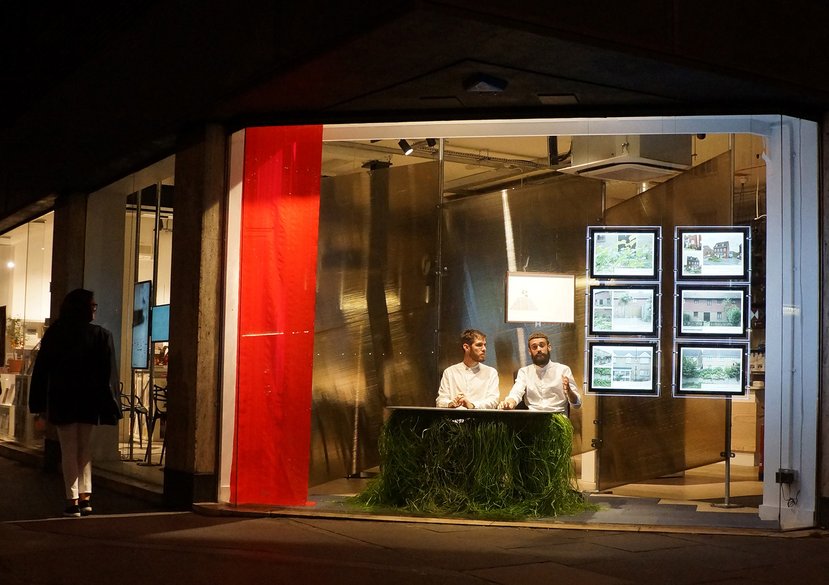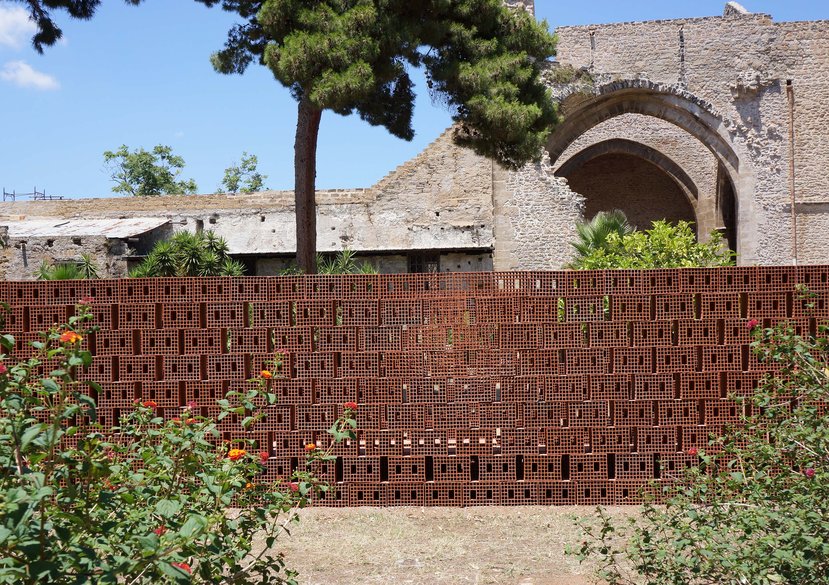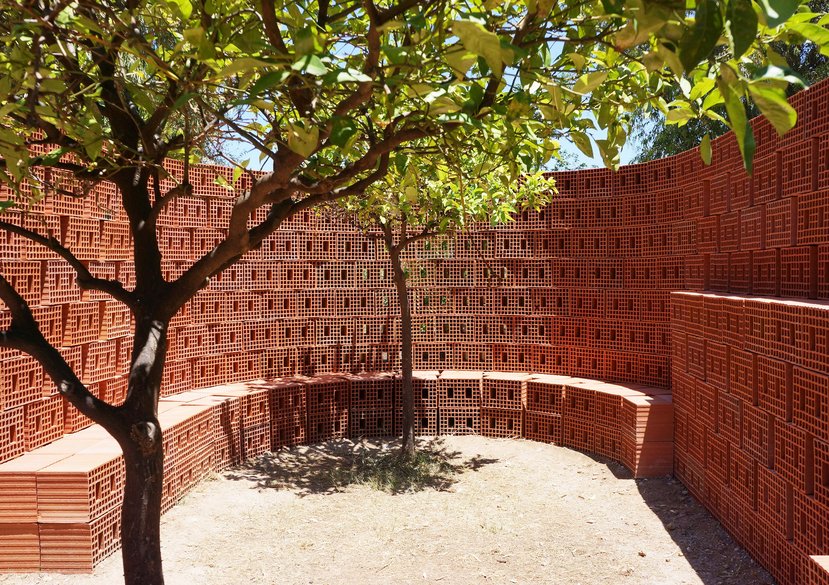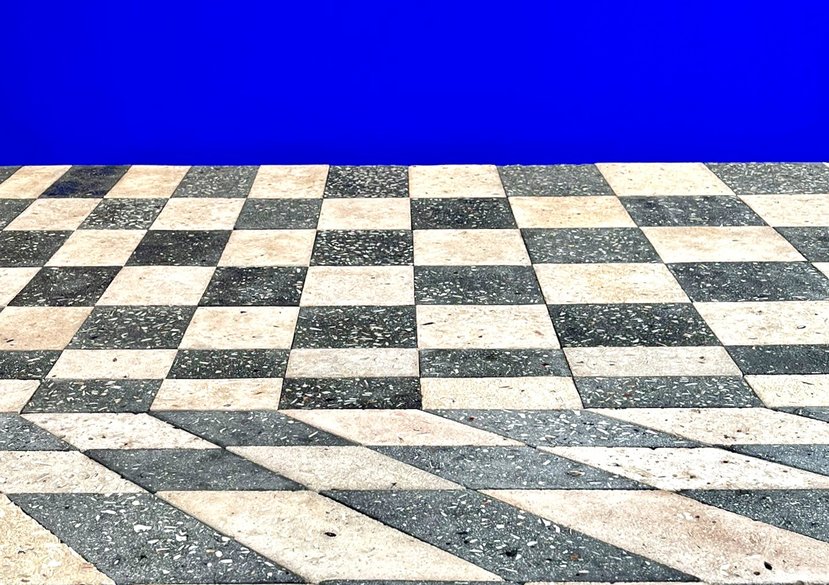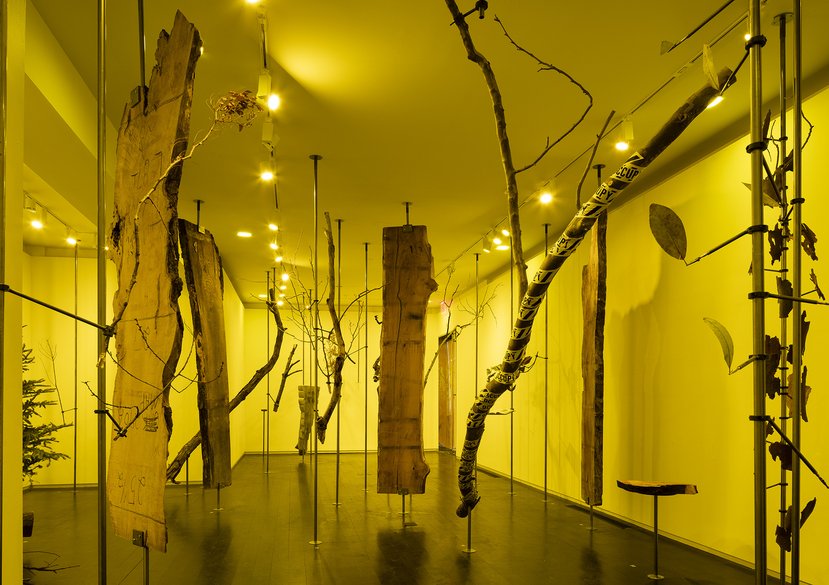
Reader in Architecture and Spatial Practice Dr Daniel Fernández Pascual
- Reader in Architecture and Spatial Practice / ADS3 Studio Tutor
- Architecture MA Architecture (ARB/RIBA Part 2)
- Principal Investigator, CLIMAVORE x Jameel at RCA
-
ClimavoRE x Jameel at RCA
Daniel is the co-founder of Cooking Sections, a practice that traces food systems and the spaces where the climate emergency manifests through metabolic exchanges. Working within the overlapping boundaries between art, architecture, ecology and geopolitics, Cooking Sections use installation, performance and video, as well as institutional interventions to respond to conflicted ecologies.
Cooking Sections was established in London with Alon Schwabe in 2013, it takes food as a lens and a tool to observe infrastructural dependencies and landscapes in transformation, while activating spatial justice models and new forms of cohabitation between humans and more-than-humans in an increasingly financialised built environment. Daniel is the Principal Investigator of CLIMAVORE x Jameel at RCA, a research initiative that reimagines foodways for drylands and wetlands in the climate crisis. It advances ecological networks to produce new knowledge and action towards spatial justice. Started in 2023, it consists of two 3-year long research projects: Water Buffalo Commons and Monoculture Meltdown.
Gallery
More information
Research practice
Daniel holds an MArch from ETSA Madrid, MSc Urban Design from TU Berlin, MArch from Tongji University Shanghai and a PhD from the Centre for Research Architecture, Goldsmiths University of London. Since 2015 with Cooking Sections, they have worked on multiple iterations of the long-term site-responsive CLIMAVORE project, exploring how to eat as humans change climates, or how to live as humans in changing climates. In 2016 they opened The Empire Remains Shop.
Their work has been exhibited at Tate Britain, Serpentine Galleries, SALT, Bonniers Konsthall, Lafayette Anticipations, Grand Union, Royal Botanic Garden Edinburgh, Atlas Arts, HKW, Storefront for Art and Architecture; the Taipei Biennial, 58th Venice Biennale, Istanbul Biennial, Cleveland Triennial, Shanghai Biennial, Los Angeles Public Art Triennial, Sharjah Architecture Triennial, Sharjah Art Biennial, Performa17, Manifesta12, and New Orleans Triennial among others. They have been residents at Headlands Center for the Arts, California; Fogo Island Arts, Canada; European Investment Bank, Luxembourg; and The Politics of Food at Delfina Foundation, London, among others.
They have led a studio unit at the Royal College of Art, London, problematising carbon offsetting schemes (2016-2019) and the metabolisation of post-industrial bodies (2019-2022). Since 2023, Daniel has been one of the principal investigators of the research partnership CLIMAVORE x Jameel at RCA. They were also guest professors at the Academy of Fine Arts, Munich, in 2021, and have taught workshops and lectured internationally. Cooking Sections were nominated for the Turner Prize in 2021. They were awarded the Special Prize at the 2019 Future Generation Art Prize and were nominated for the Visible Award for socially-engaged practices. Daniel is the recipient of the 2020 Harvard GSD Wheelwright Prize for ‘Being Shellfish’.
Research funding
Cooking Sections has received a number of grants from:
- CLIMAVORE x Jameel at RCA (2023-2026)
- Metabolic Arts Gathering (2023-2024)
- Harvard GSD Wheelwright Prize (2021)
- Graham Foundation (2018)
- Arts Council England (2016)
- Keir Foundation (2016), AC/E (2014–2016)
- Jumex Contemporary Art Foundation Research Grant (2015)
- The World Justice Fund (2013)
Awards
- 2021 Turner Prize (nominees)
- Future Generation Art Prize (Special Prize, 2019)
- Visible Award (shortlisted, 2019)
- Scottish Rural Awards (shortlisted, 2018)
- Nature of Scotland Award - Innovation category (2018)
- Tulip Human Rights Award (nomination, 2013)
Published books
Cooking Sections, Offsetted (Hatje Cantz, 2022)
Offsetted traces the emergence of the valuation of nature. The book unpacks forms of dispossession that are becoming more common through the protection—not only destruction—of natural environments. Through a series of artistic and architectural interventions, Offsetted ties into current struggles for climate justice worldwide, contesting neoliberalism as a saviour of its own ecological contradictions. It challenges conservation models based on “natural capital,” while proposing new spatial tactics to de-financialise the environment. Besides a photographic documentary and the works by Cooking Sections, the book assembles numerous contributions by interdisciplinary artists and scientists.
With contributions by Nico Alexandroff, Penny Allan, Adeniyi Asinyabi, Martin Bryant, Cooking Sections, Matthew Darmour-Paul, Kristen Lyons, Mari Margil, Hanna Rullman, Isabel Sandeman, Huhana Smith, Pablo Solón, David Ssemwogerere, Irene Sunwoo, Paulo Tavares, and Rosa Whiteley. Ed. Jesse Connuck. Photography James Ewing. Graphic design by An Endless Supply
Cooking Sections, Salmon: A Red Herring (isolarii, 2020)
Salmon is the colour of a wild fish that is neither wild, nor fish, nor even salmon. But they are not alone. The changing colours of species around the planet are warning signs of an environmental crisis. Many of these alterations result from humans and animals ingesting and absorbing synthetic substances. Changes in flesh, scales, feathers, skin, leaves, or wings give us clues to environmental and metabolic transformations around us and inside us. Salmon: A Red Herring questions what colours we expect in our ‘natural’ environment. It asks us to examine how our perception of colour is changing as much as we are changing the planet.
Forewords by Hannah Landecker, Bruno Latour, Hans Ulrich Obrist and David Zilber. Graphic design by Ben Ganz
Cooking Sections, The Empire Remains Shop (Columbia Books on Architecture and the City, Columbia University Press, 2018)
"Empire shops" were first developed in London in the 1920s to teach the British to consume foodstuffs from the colonies and overseas territories. Although none of the stores ever opened, they were intended to make previously unfamiliar produce and products—sultanas from Australia, oranges from Palestine, cloves from Zanzibar, and rum from Jamaica—available in the British Isles. The Empire Remains Shop speculates on the possibility and implications of selling back the remains of the British Empire in London today. The pieces in this book use food to trace new geographies across the present and future of our postcolonial planet.
Foreword by Elizabeth A. Povinelli and contributions from Elisabetta Brighi, Filipa César, Revital Cohen & Tuur Van Balen, Jesse Connuck, Daniel Conway, Annalee Davis, Forager Collective, FRAUD, Ros Gray, Raphaël Grisey, Nitasha Kaul, Harry Keene, Laleh Khalili, Richie Maitland, Asunción Molinos, Shela Sheikh, Shahmen Suku/Radha La Bia, Bouba Touré, and Nicole Wolf. Graphic design by An Endless Supply
